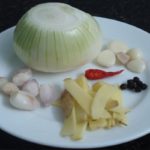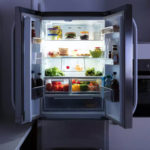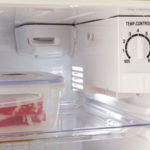During Tet, every household usually prepares a variety of delicious dishes for the family to enjoy, resulting in a full refrigerator. During these holidays, careful food preservation is necessary to maintain the fresh and nutritional value of each ingredient.
Food Categorization
Before storing fruits, vegetables, and food in the refrigerator, it is important to organize them into separate categories. This not only helps prolong preservation time but also provides convenience when you need to retrieve them for cooking. Proper categorization also prevents flavor mixing between different types of food, ensuring that each maintains its distinct characteristics.
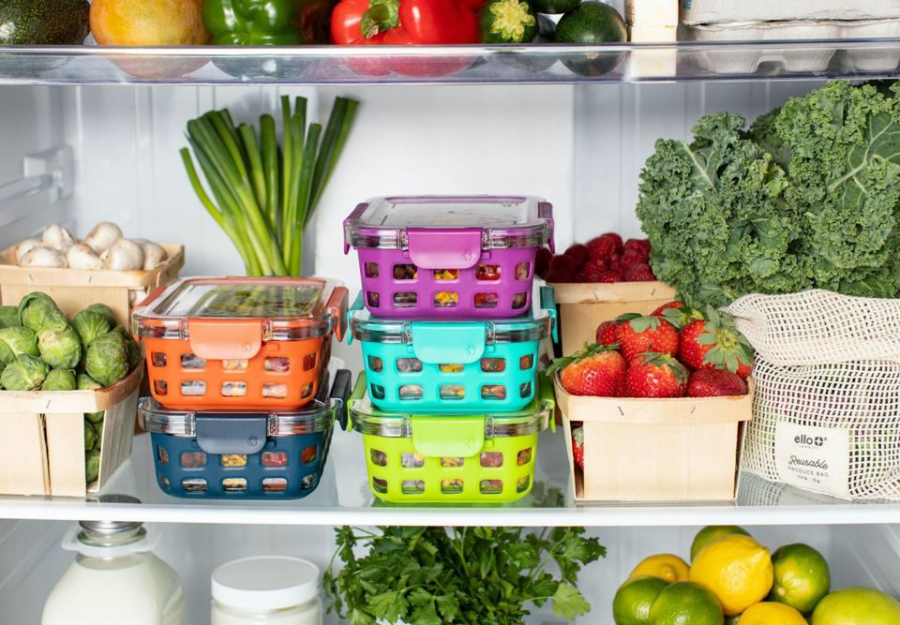
Fresh Food Preservation
When preserving raw food such as meat, fish, and seafood, it is crucial to keep them dry, as they often contain a lot of water and are prone to spoilage. To achieve this, rinse the food thoroughly and then use a vacuum sealer to remove the air from the packaging. This method prevents the food from changing color, losing nutrients, and helps maintain its natural flavor. When you need to use them, simply remove them from the freezer and thaw them in the microwave, a safe and hygienic method.
For vegetables, instead of washing them before storage, remove any damaged roots and leaves, then store them in leak-proof bags or place them separately in the bottom compartment of the refrigerator. This helps keep the vegetables fresh without having to come into contact with water, slowing down the decomposition process and extending shelf life.
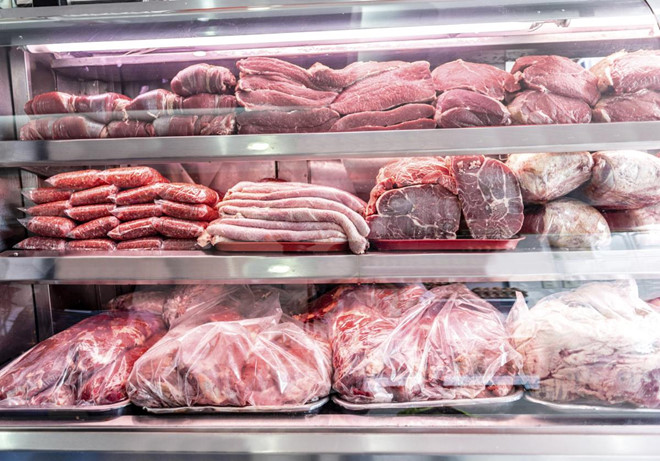
Packaged Food Preservation
To ensure safety and extend the shelf life of packaged food, transfer them to airtight containers or cover them tightly with plastic wrap before storing in the refrigerator. This method prevents bacterial contamination and keeps the food from spoiling while also preventing the smell from spreading in the fridge.
When purchasing packaged food, keep them in their original packaging to protect the quality of the product. Only open the package when you are ready to use it and if you do not finish it, transfer the remaining portion to airtight containers and store them in the refrigerator. This not only helps preserve the food better but also maintains hygiene and avoids waste.
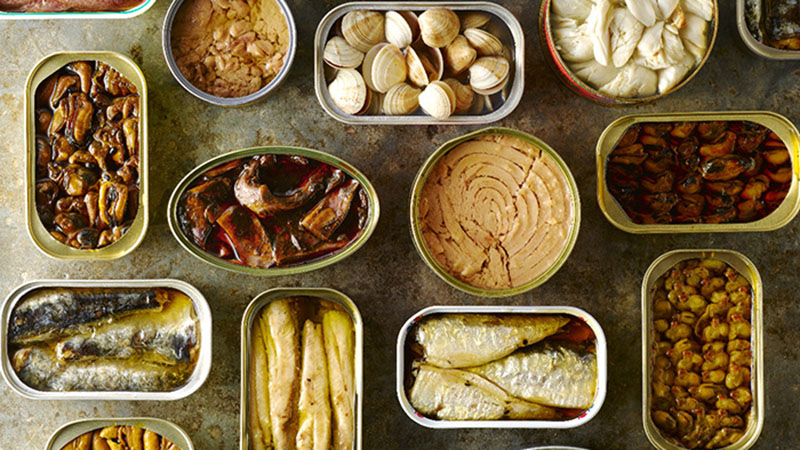
Preservation of Cooked Food
Food that has just been cooked should be completely cooled before storing in the refrigerator. Putting hot food directly into the fridge can cause food spoilage due to temperature differences and increase the risk of bacterial growth, affecting the quality and safety of the food. This can also raise the temperature inside the refrigerator, affecting other preserved food.
Use specialized food containers made of BPA-free and food-safe materials for storage. This not only helps maintain the freshness of the food but also ensures the health of you and your family. When you want to enjoy the preserved food again, properly heating it will restore the flavor and ensure the food is hot and delicious.

Preservation of Dry Food
For moisture-prone foods such as dried bamboo shoots, mushrooms, dried fish, nuts, and beans, proper storage is crucial. Keep them separated in zip bags or airtight containers and place them in a dry and cool place to avoid contact with high humidity. When using, be careful not to let them directly contact water or any source of moisture, as this can cause mold or fermentation, affecting the quality and safety of consumption.
More Useful Advice for Homemakers (Part 2)
Have you heard of the surprisingly easy tips to make cooking and household chores simpler? White radish eliminates the acrid taste of salted meat, adding alum to raw shrimp helps soften it, and adding cold water when frying eggs can make them crispy – these are just a few of the tricks to make your life easier.
Is Refrigerated Leftovers Linked to an Increased Risk of Cancer?
Dr. Lam Van Man, Head of Research, Development and Technology Transfer Department of the Institute of Safety Food, has warned of the risk of food poisoning when reheating leftovers from the refrigerator. But what should we be aware of when it comes to the possibility of these leftovers causing cancer? Here, we explore what the experts have to say on the matter and offer some tips for safe eating.

























